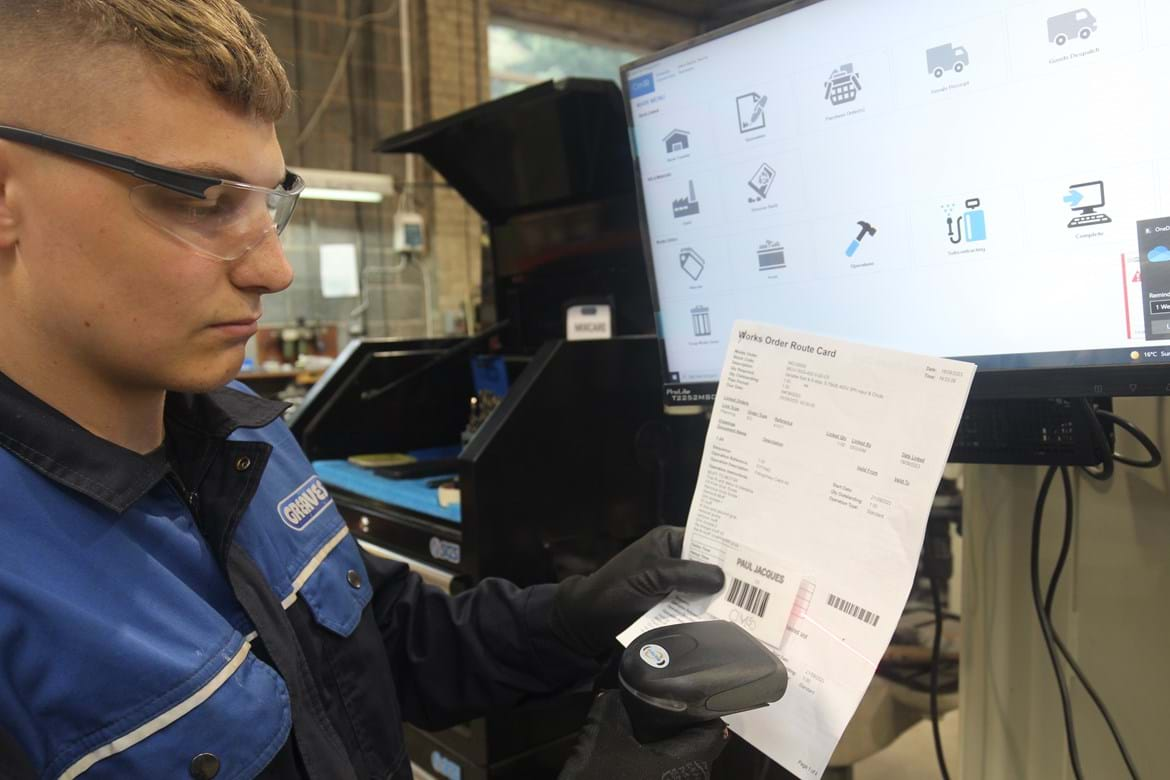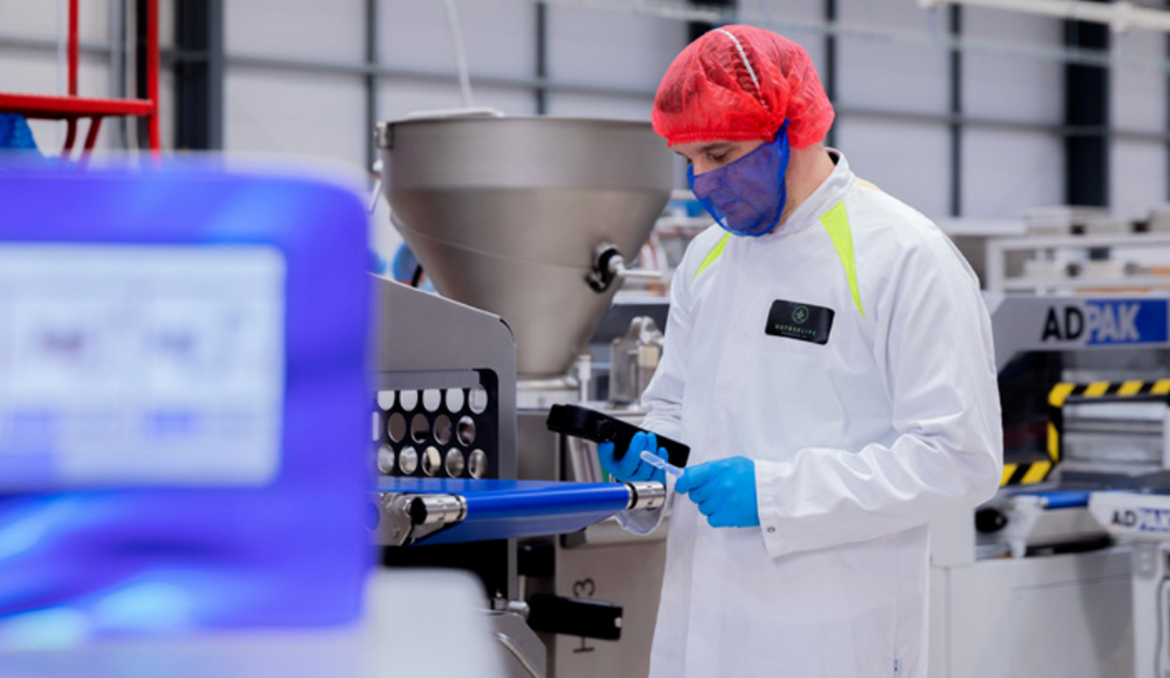
Kevin Smith, Lead Technology Specialist for Made Smarter’s North West Adoption Programme, discusses two of the top Industrial Digital Technologies (IDT’s) used by SME manufacturers.
Digital technologies have the potential to revolutionise manufacturing businesses. The right technology can help a business become more productive, reduce costs, and minimise downtime.
As pioneers of the adoption programme model, we have developed expertise in the potential application of industrial digitalisation technologies and communicated their transformative potential to SME manufacturers.
Among the popular technologies that have been adopted by North West makers are:
The much-used phrase ‘data is the new oil’ has never been more relevant to manufacturers.
Visibility and insight of data within a factory enables a business to increase productivity, profitability, and quality.
Capturing, controlling, and analysing that data is the domain of software. And there are a range of options from tackling individual operational challenges to the wholesale solution of an enterprise resource planning (ERP) system.
Through this technology, a manufacturer can ensure everything is efficiently scheduled at the right time and can run smoothly. Resources can be allocated, human workers assigned, and priorities ordered so that the work is optimised. A business will also be able to collect effective data from each point of the process too.

This is a very simple, but incredibly valuable solution to track products, parts, and orders through the manufacturing process through to delivery.
Using barcoding, a manager wouldn’t need to visit the stockroom to inspect stock levels. Instead, the system would automatically check it, and order additional volumes when necessary.
There are non-invasive tracking systems that can help with traceability and accountability too. These are particularly useful in areas such as quality assurance, or for informing the customer throughout the production and delivery process.
Made Smarter helped Joshua Greaves & Sons adopt this kind of solution.
A simple way of thinking about an ERP is to imagine it as a brain.
It is capable of connecting an entire business from finance and design through to production and supply chain. If a business has the right, complete data, then they have a goldmine at their fingertips.
By connecting your systems, you’ll have visibility of all your operations. It means effective analysis can be carried out, inefficiencies can be highlighted, and bottlenecks observed. This helps manufacturers improve and find the answers to their challenges.
Cloud computing has enabled ERP systems to be hosted remotely enabling more flexibility and the opportunity to collaborate. Cloud-based ERPs can also harness the latest technologies such as AI and machine learning to provide automation, greater efficiency, and intelligent insights.
Made Smarter helped both Evertaut and Fylde Fresh and Fabulous adopt bespoke ERP solutions.
To learn more about data and system integration tools download our guide to using technology to overcome operational challenges.

Automation
Automation is any type of machine or device used to perform a repetitive process without, or with reduced, intervention from a person.
There are solutions which are useful for making a variety of similar products quickly and enabling quick changeovers like you would see with mechanical cutting or spraying paint.
Then there are solutions for faster, repetitive production like in car manufacturing assembly.
Automation can also be used for making highly variable products and to achieve mass customisation. For example, when CNC machine tools are augmented by other equipment such as automated materials handling systems and inspection systems.
One of the key benefits is that automation often improves productivity by allowing staff to focus on more complex, higher value-add, or more intricate and interesting tasks.
Other benefits include improved health and safety, increased material utilisation, higher quality products, reduced cycle times and reduced lead times.
Made Smarter supports automation projects by focussing on the digital connectivity element, i.e. how the machine links to other systems. For example, we helped Firstplay Dietary Foods replace a manual packing process with a powder packaging machine.
To learn more about automation and read about more case studies visit our expert blog.
For more information on Made Smarter technologies download our new whitepaper Powering the Digital Transformation of SME Manufacturers.


